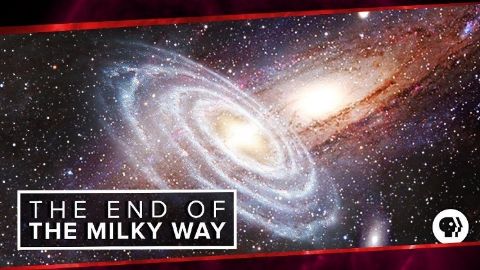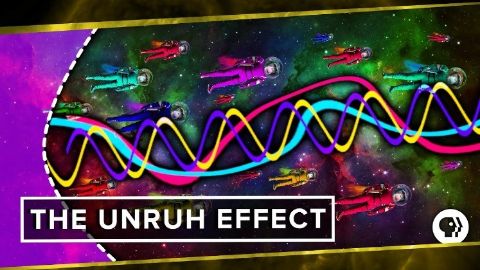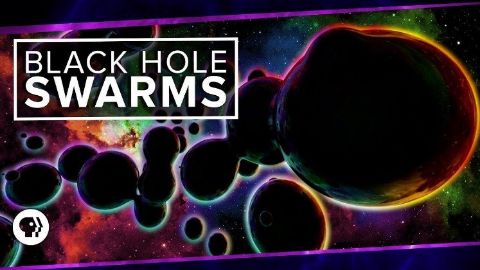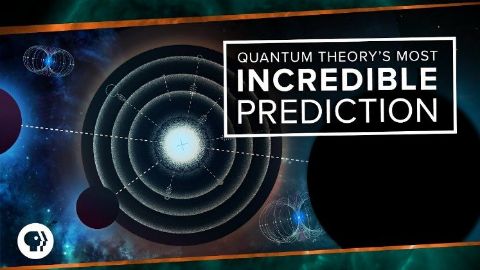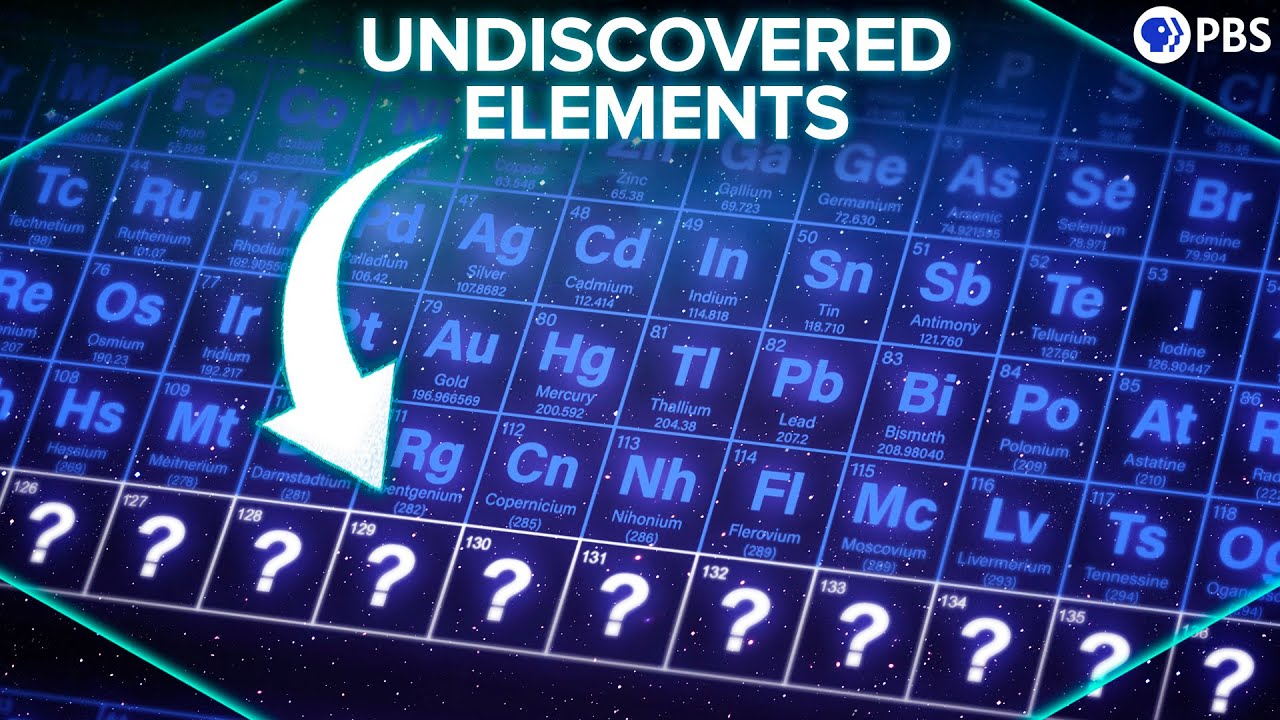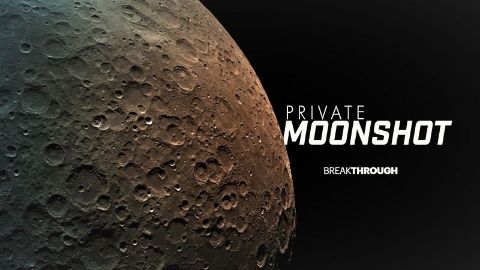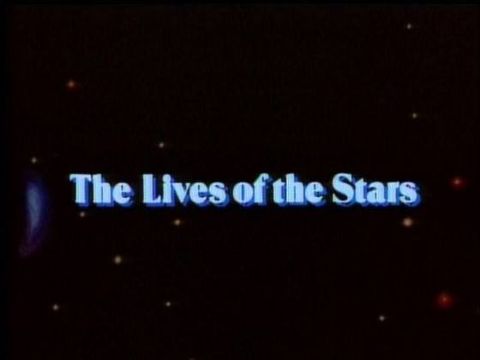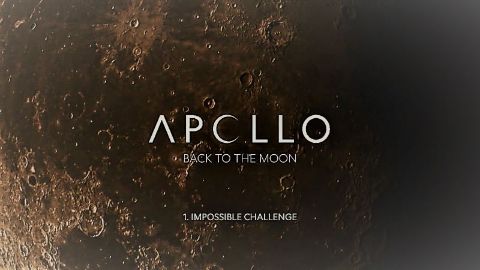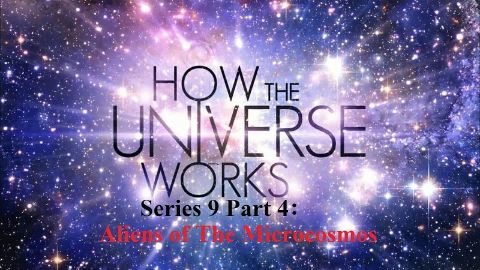PBS Space Time • 2015 - 2023 • 9 episodes •
Black holes! From Stephen Hawking to Interstellar, black holes are mammoths in the world of science AND sci-fi. But what exactly IS a black hole? Do events happen inside black holes? Are black holes really a hole? Are black holes really black?! Join Gabe on this week’s episode of PBS Space Time as he debunks popular black hole misconceptions, and rethinks what the term, ‘black hole’, even means. Thought you knew what a black hole was? Think again!
2015 • Astronomy
The Andromeda galaxy is heading straight toward our own Milky Way. The two galaxies will inevitably collide. Will that be the very last night sky our solar system witnesses?
2018 • Astronomy
Worried about black holes? Consider this: Every time you accelerate - you generate an event horizon behind you. The more you accelerate away from it the closer it gets. Don’t worry, it can never catch up to you, but the Unruh radiation it generates sure can.
2018 • Astronomy
Our universe is prone to increasing disorder and chaos. So how did it generate the extreme complexity we see in life? Actually, the laws of physics themselves may demand it.
2018 • Astronomy
Now that gravitational waves are definitely a thing, it’s time to think about some of the crazy things we can figure out with them. In some cases we’re going to need a gravitational wave observatory - in fact, we've already built one.
2018 • Astronomy
It’s been conjectured that the center of the Milky Way is swarming with tens of thousands of black holes. And now we’ve actually seen them.
2018 • Astronomy
Let’s talk about the best evidence we have that the theories of quantum physics truly represent the underlying workings of reality.
2018 • Physics
Adamantium, bolognium, dilithium. Element Zero, Kryptonite. Mythril, Netherite, Orichalcum, Unobtanium. We love the idea of fictional elements with miraculous properties that science has yet to discover. But is it really possible that new elements exist beyond the periodic table?
2022 • Science
There’s an absolute limit to our access to the universe beyond our own galaxy. There’s a limit to what we can ever hope to explore or send signals to, and a very different limit to what we can ever hope to witness. Today we’re going to explore the latter. We’re going to figure out the absolute limit of our future view of the universe, and of the universe’s ability to influence us. Next time we’ll turn it around and ask: how much of the external universe can WE potentially influence, and even explore?
2023 • Astronomy

